Our approach to learning
Trust
Care
Collaboration
Responsibility
The Pre Ivy Curriculum’s approach to learning outlines how children will learn best and how we will teach.
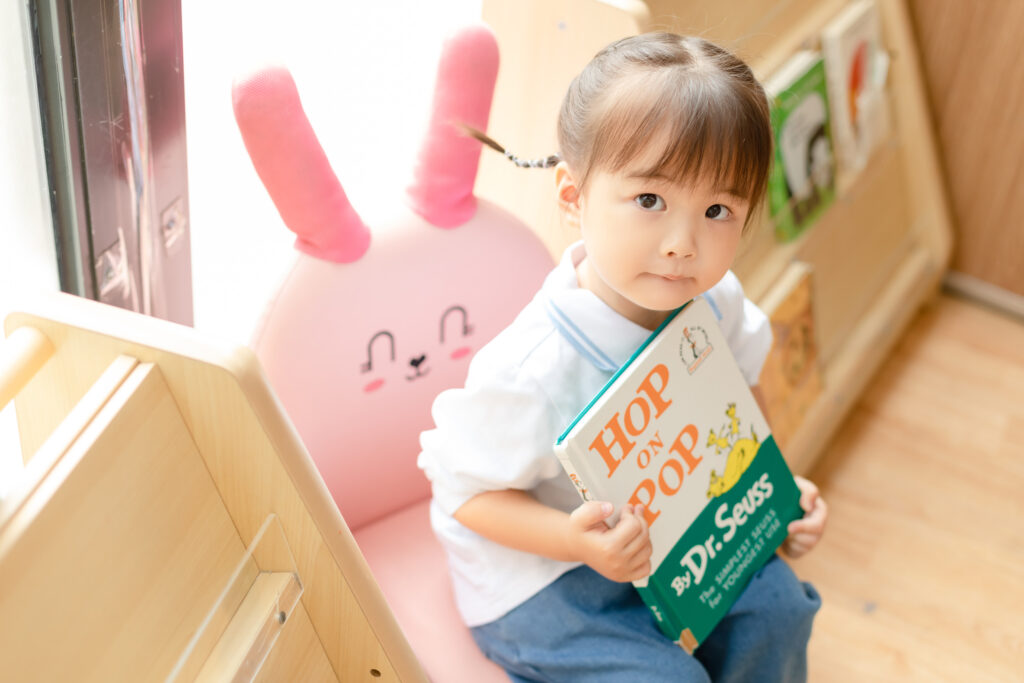
01
Child-centered
Every child is different, and educators should observe a child’s interest and use them to plan their next steps in learning and motivate them.
Differentiation is essential to meet different levels.
Cultural sensitivity and educating children about differences is vital.
02
Play-based
Play is how a child researches the world. Children learn through experiential activities.
A child who is interested to learn, will work at a higher level, and challenge themselves. This is when deep level learning will take place.
Blooms Taxonomy demonstrates that deep understanding happens when we can use, apply, evaluate and create new information.
A balance of child initiated, and playful adult focused activities provide the best learning.
Play will allow children to practice, embed and make their learning visible.
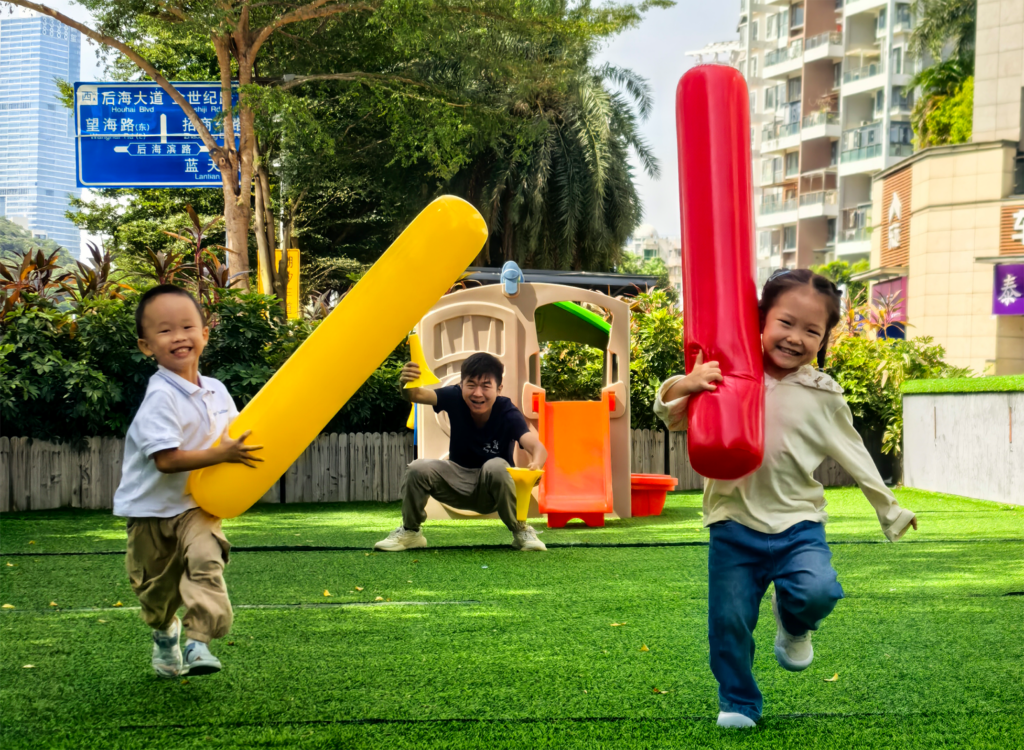
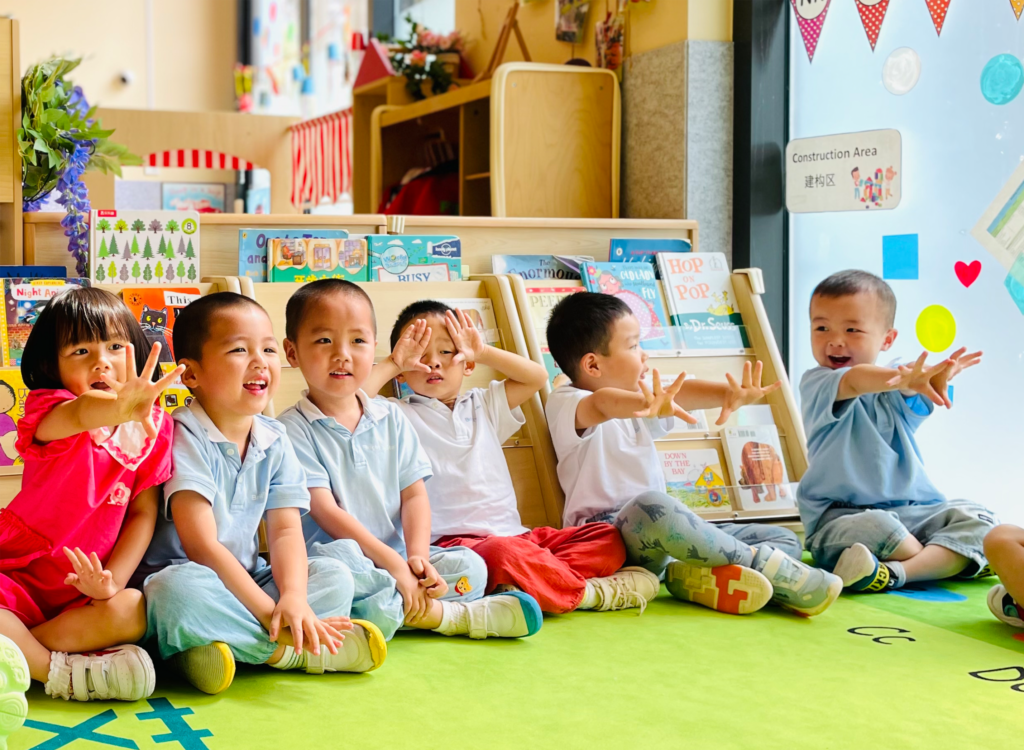
03
Whole child (holistic education)
Children learn in a holistic way and are not aware of subjects.
Making links helps lay down the brain neural pathways.
A child may be meeting many learning outcomes from one activity.
04
Importance of environment
To ensure children are stimulated and motivated to learn, the environment must be set up to support learning. This is the emotional and physical environment.
Research shows that happy, secure children achieve better outcomes.
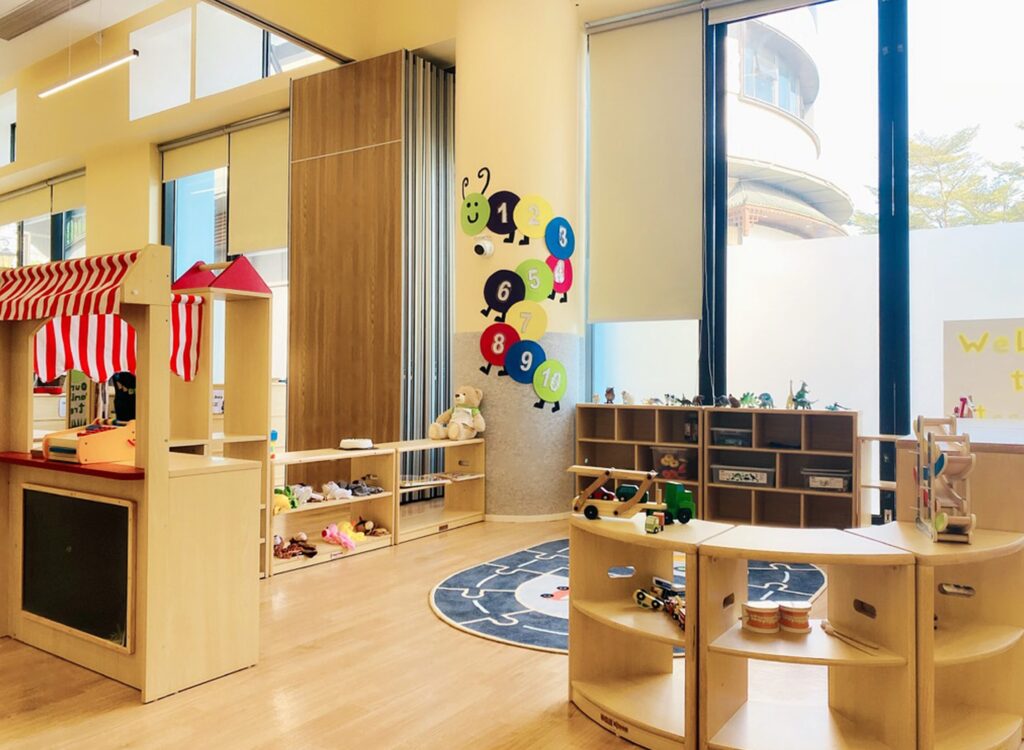
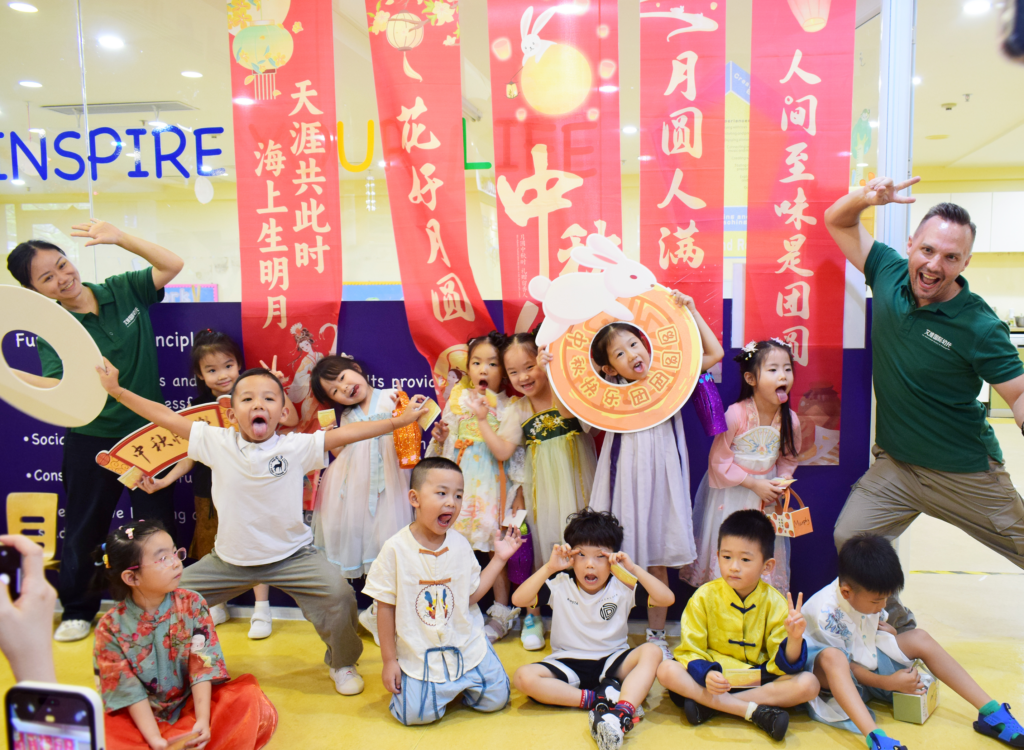
05
Quality teacher interactions
Research shows that purposeful adult interactions with children creates the best outcomes.
A skilled practitioner can recognize the learning outcomes of an activity and supports and extends through sensitive interaction(scaffolding)..
06
Metacognition
Metacognition or learning how to learn has been shown to help improve outcomes.
If a child understands how, they learnt something they are able to apply the same strategies again.
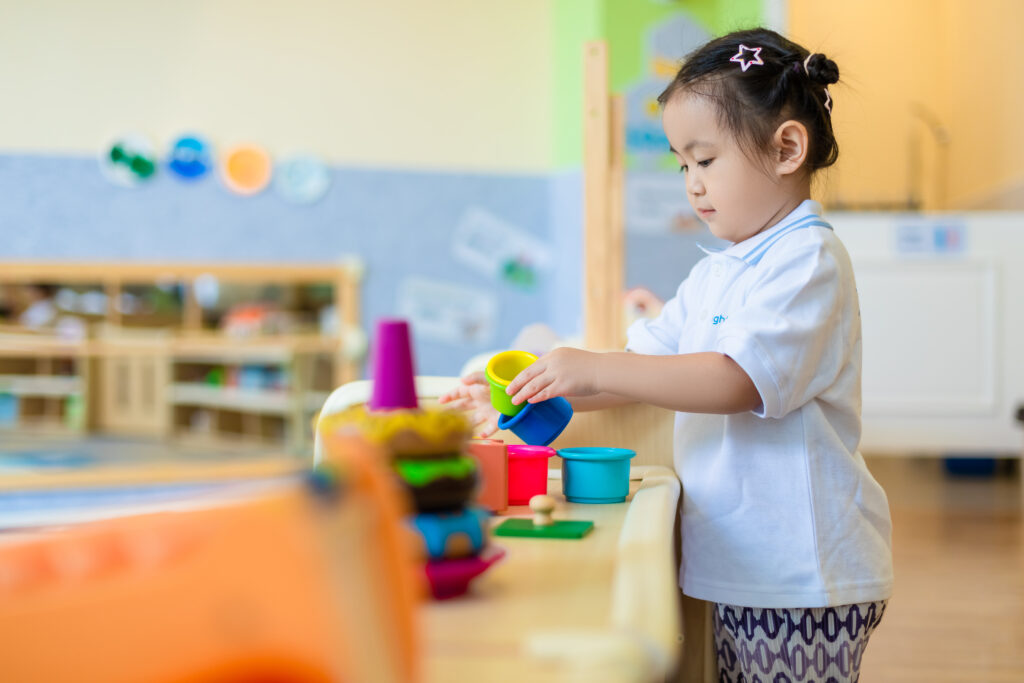
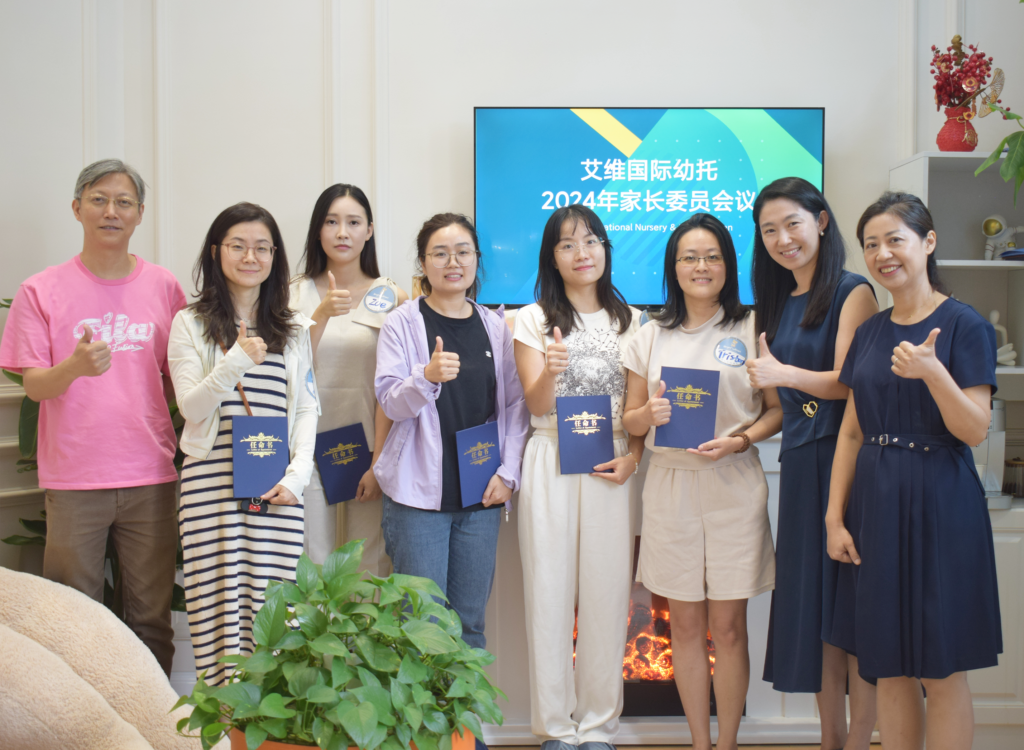
07
Parents
Parents are a child’s first educator. The link with home is vital as children will often display new learning in the home context.
Families need support to understand how we teach and how children learn best.
08
Bilingualism/
English language learning
Bilingualism/English language learning
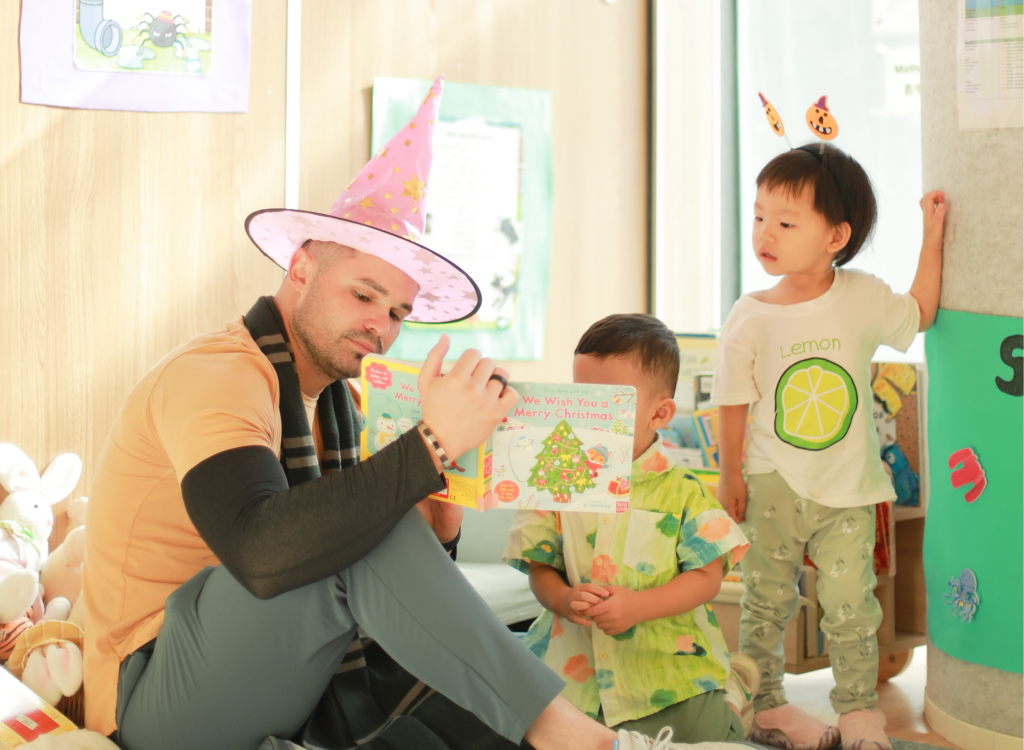
Stay Connected with Us
Let’s Create Together
Connect with us to explore how we can make your vision a reality. Join us in shaping the future.